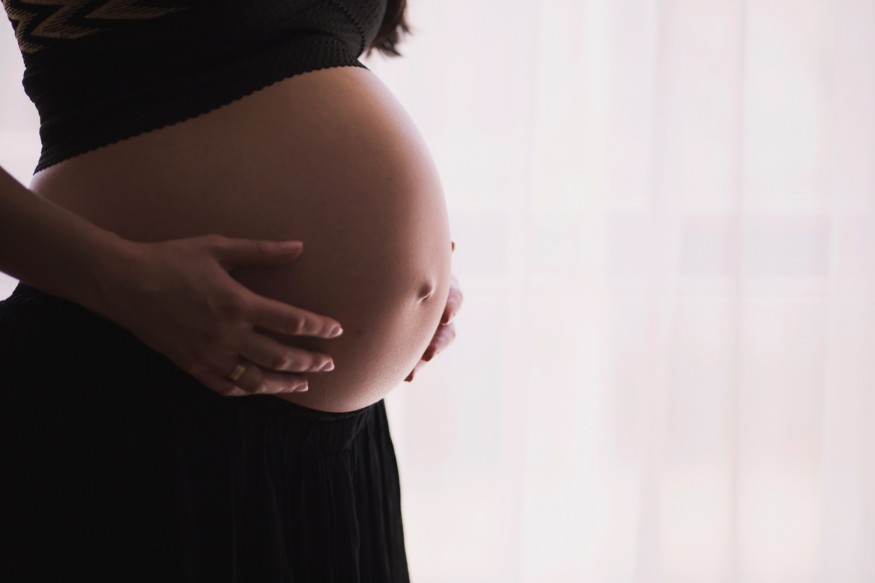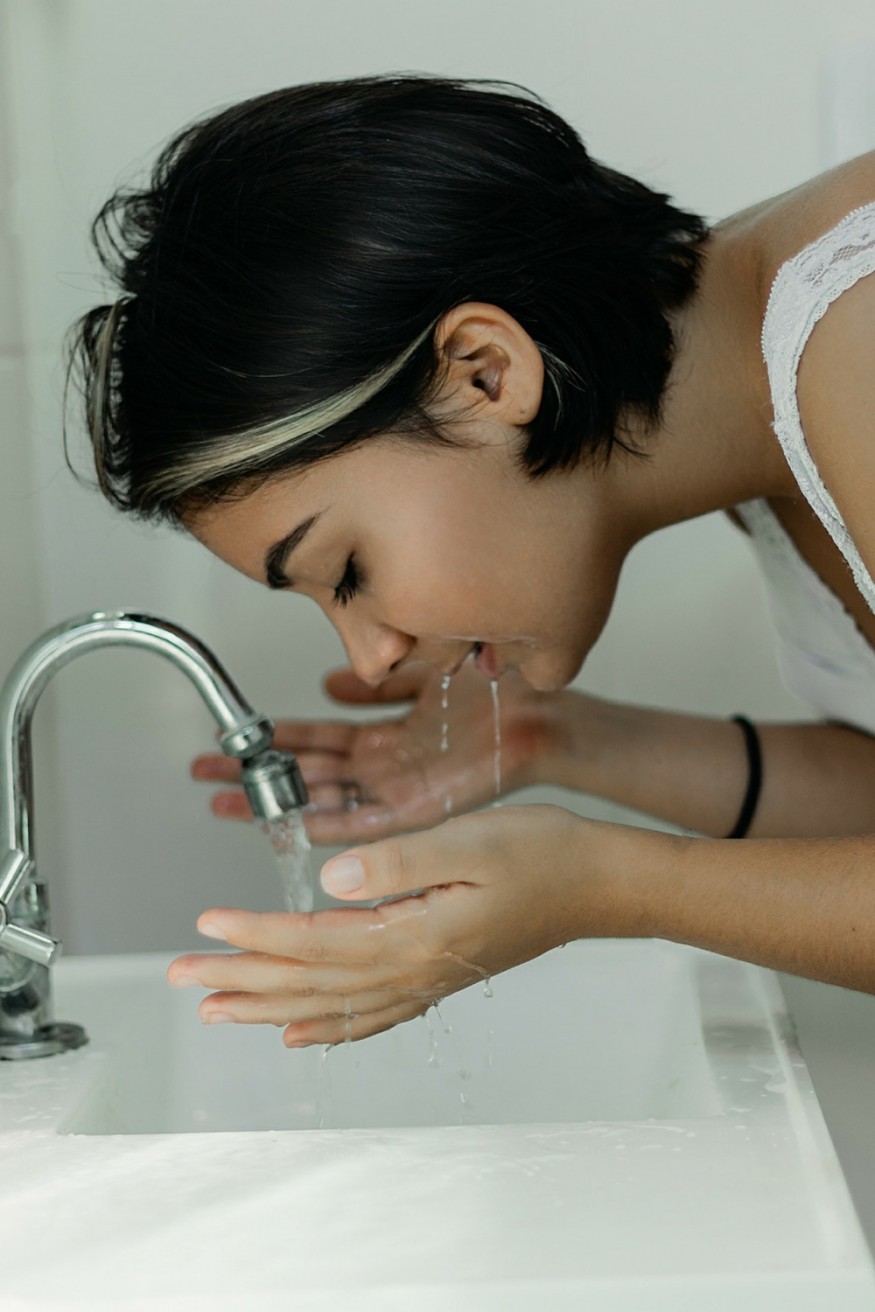

There are lots of things that a woman has to deal with after pregnancy—one of them is acne. It appears during the postpartum period. Uncomfortable bumps all over the face can be annoying and confusing. The question is, are postpartum acne different from the acne that appears during your teenage years, and will the old acne products still work?
What causes pregnancy-related acne?
Pregnancy can change your skin, and this includes acne. The reason why this happens is because of hormones. When you are pregnant, the body releases a surge of progesterone. Progesterone is a hormone that helps to line the uterus and prepare for the egg. Meghan Dickman, M.D., a clinical assistant professor of dermatology at Stanford University, said that the rapid surge of progesterone in the first trimester is the usual suspect of acne breakout during pregnancy.
The increase in progesterone causes the body to ramp up the production of sebum, which is an oil that clogs the pores. That also increases the chances that your pores and hair follicles will get clogged with bacteria, oil, and dead skin cells instead of being shed. That leaves you with bumps on your face.
Dr. Dickman explains that progesterone hits its peak in the third trimester, so, after the initial surge in the first trimester, you might see even more acne and oiliness later on.
If you experienced acne as a teen or dealt with it before pregnancy, it is possible that you are someone who just naturally has more sebum, making it more likely that you will deal with acne during and after pregnancy as well. Having hormone-related health conditions also increases your risk.
After giving birth, your progesterone and estrogen levels plummet until you start menstruating again. Whether you breastfeed your child or not, it can also factor into your chances for postpartum acne. Ashley Crew, M.D., assistant professor of clinical dermatology and residency program director at USC, said that when women lactate, they usually still aren't menstruating. But she says that when their periods start to come back, they may see acne again.
After pregnancy, it could take as long as six to eight weeks for hormones to settle down. Dr. Dickman said that most hormonal acne clears up at the end of the third trimester and a few weeks after pregnancy. If the acne persists beyond that, you may have an underlying hormone-related issue or another cause of acne that can't be attributed to pregnancy. Stress can also contribute to breakouts at any time.
Safe acne treatment

If you are not breastfeeding, you only have to worry about what your skin can handle. A dermatologist can help you know what is going on and guide you through your treatment options.
If you are breastfeeding, there may be some concerns about some acne products getting into your breast milk and putting your baby at risk; they are not recommended if you are nursing. However, keep in mind that most of these treatments have not been studied extensively in breastfeeding mothers. The recommendations that you may get could based on the symptoms that you have.That is why it is a good idea to speak with an expert, a dermatologist, a doctor, or a pediatrician who is familiar with your circumstances before trying a new acne product.
© 2026 ScienceTimes.com All rights reserved. Do not reproduce without permission. The window to the world of Science Times.











